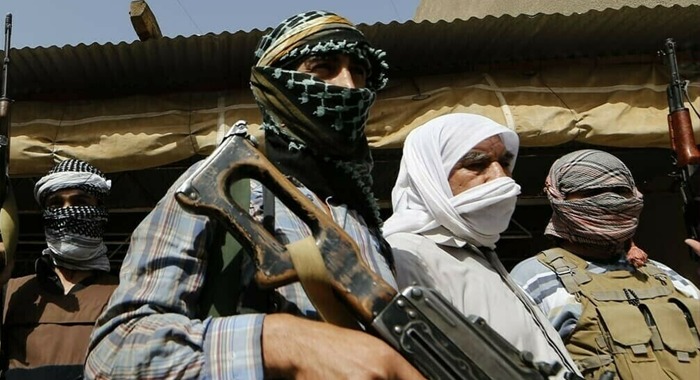A recent monitoring report has raised serious concerns over the increasing coordination and ideological convergence among key militant organizations operating in Pakistan, including Tehreek-e-Taliban Pakistan (TTP), Al-Qaeda in the Indian Subcontinent (AQIS), ISIS-Khorasan, and Baloch insurgent groups.
While the TTP claimed responsibility for 359 attacks in September—a 35% decrease from August—the group’s operational tempo remains alarmingly high. Analysts suggest the decrease in reported attacks does not reflect a weakening, but rather a strategic recalibration, as groups focus on expanding influence, strengthening interconnections, and intensifying propaganda efforts.
Intelligence sources reveal that these militant entities are actively leveraging religious narratives and social media platforms to challenge the state’s legitimacy and sway public opinion. Notably, following the cancellation of TTP leader Mufti Noor Wali’s religious credentials, the group framed its violent campaign as a “legitimate jihad,” further escalating rhetoric against the Pakistani state.
AQIS echoed these sentiments, asserting that Pakistan’s foundation was rooted in the establishment of an Islamic state—thus rejecting modern democratic governance as “un-Islamic.” This aligns with broader messaging from these groups, who have adopted unified positions on international religious issues such as Gaza and Kashmir, portraying themselves as defenders of the global Muslim ummah and the true upholders of Sharia law.
This ideological alignment marks a dangerous shift from localized militancy to a more cohesive and transnational extremist front, with growing evidence that foreign fighters are integrating into these networks—posing a heightened risk to both domestic and regional security. “The ideological convergence of these groups is no longer abstract—it’s operational. These alliances amplify their influence and complicate counterterrorism efforts,” stated a senior security analyst.
As Pakistan continues its counter-extremism efforts, this development calls for a renewed, multi-pronged strategy involving stronger digital counter-narratives, regional intelligence cooperation, and community engagement to undermine extremist recruitment and propaganda.





